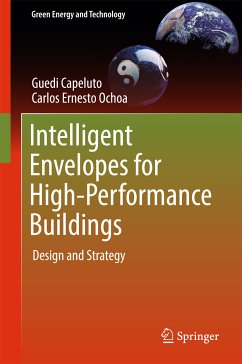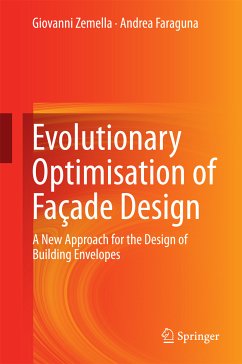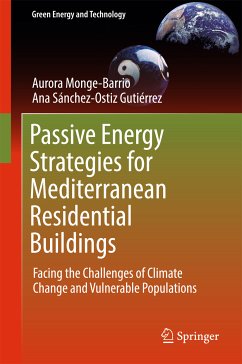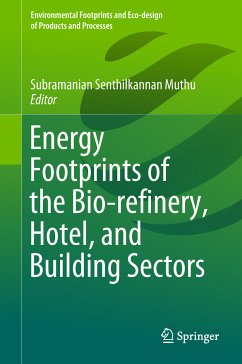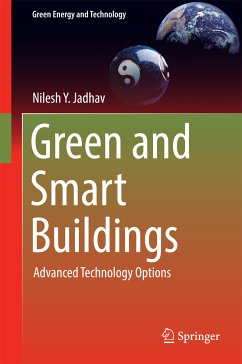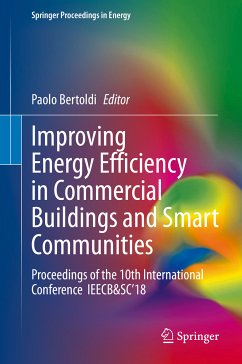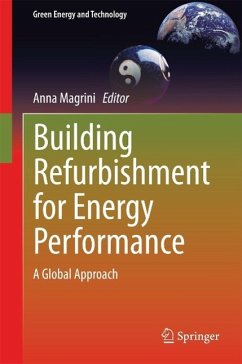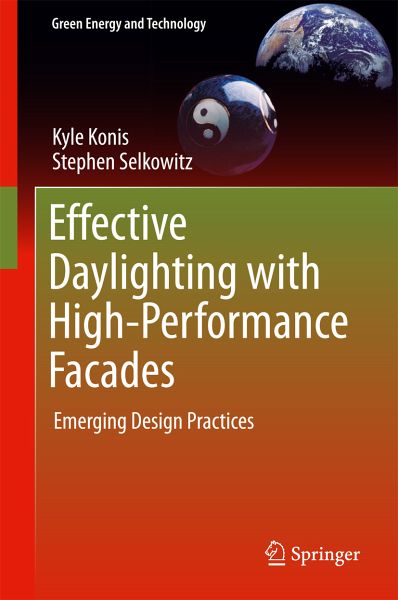
Effective Daylighting with High-Performance Facades (eBook, PDF)
Emerging Design Practices
Versandkostenfrei!
Sofort per Download lieferbar
72,95 €
inkl. MwSt.
Weitere Ausgaben:

PAYBACK Punkte
36 °P sammeln!
The book explores advanced building-facade daylighting design practices based on diverse energy and human-factor performance metrics. It also defines effective daylighting by rethinking the simplified approach to glazing and facade systems to incorporate the local climate and the needs of building occupants as critical drivers of building performance, design solutions and technological innovation. It discusses state-of-the-art approaches in the context of simulation-based design workflows, innovative technologies and real project case studies, all targeting low and net-zero energy solutions th...
The book explores advanced building-facade daylighting design practices based on diverse energy and human-factor performance metrics. It also defines effective daylighting by rethinking the simplified approach to glazing and facade systems to incorporate the local climate and the needs of building occupants as critical drivers of building performance, design solutions and technological innovation. It discusses state-of-the-art approaches in the context of simulation-based design workflows, innovative technologies and real project case studies, all targeting low and net-zero energy solutions that enhance occupant comfort. Readers benefit from a comprehensive approach that improves the feedback loop between design intent and performance in use. The book is intended for architects, lighting designers, facade engineers, manufacturers and building owners/operators, as well as advanced students.
Dieser Download kann aus rechtlichen Gründen nur mit Rechnungsadresse in A, B, BG, CY, CZ, D, DK, EW, E, FIN, F, GR, HR, H, IRL, I, LT, L, LR, M, NL, PL, P, R, S, SLO, SK ausgeliefert werden.



